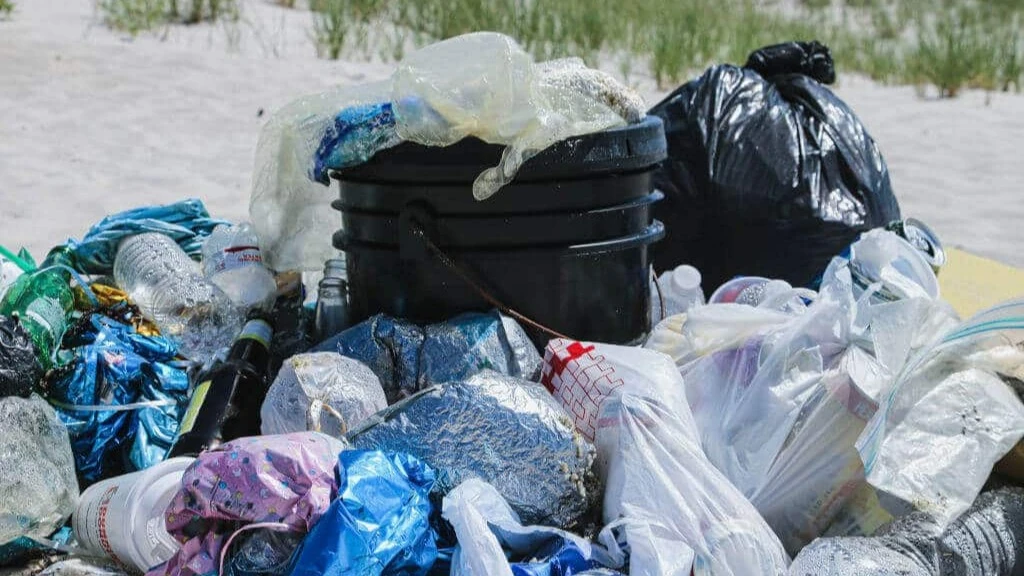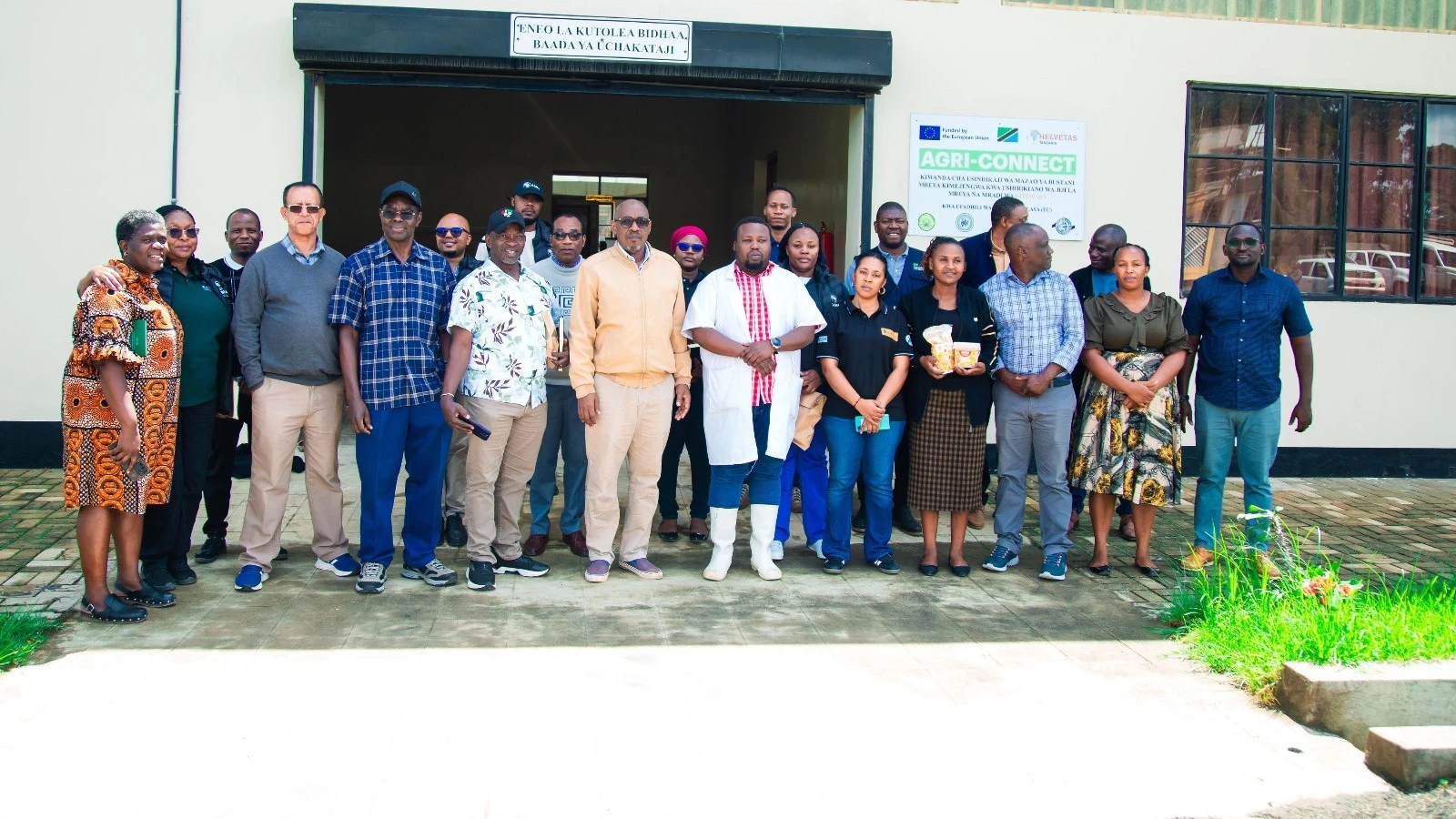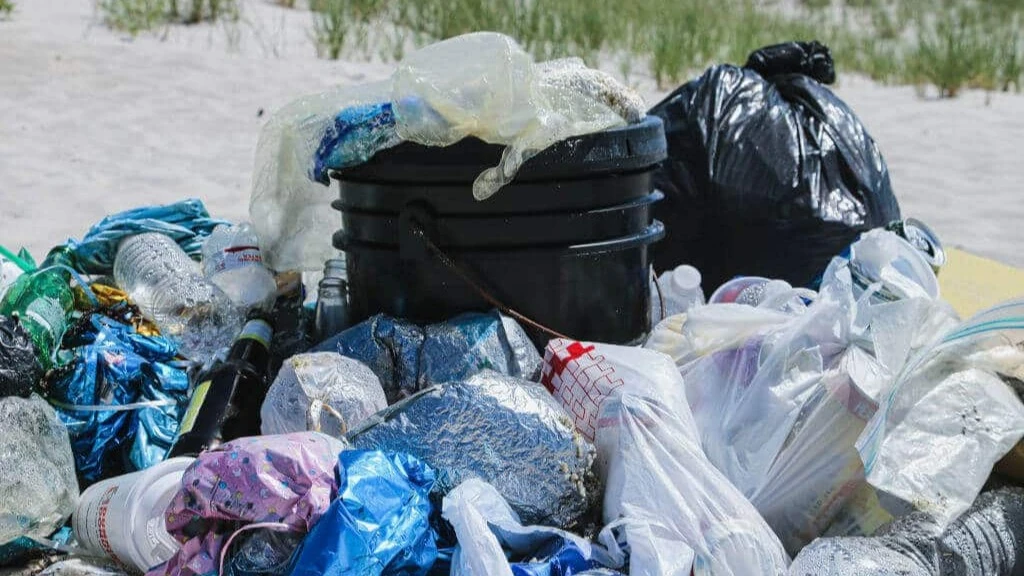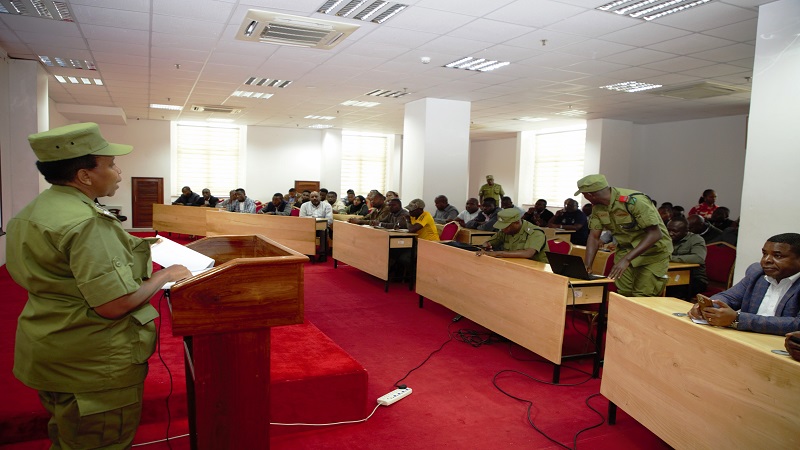NEMC destroys 250 tonnes of plastic bags

THE National Environment Management Council (NEMC) has seized and destroyed 250 tonnes of banned plastic bags in a nationwide operation targeting such products.
Dr Immaculate Semesi, NEMC director general said at a press conference in Dar es Salaam yesterday that the council carried out the operation in collaboration with the Tanzania Bureau of Standards (TBS) and the police.
They were targeting illegal producers and distributors, she said in remarks ahead of World Environment Day, marked annually on June 5.
“The seized plastic bags were found after thorough inspections of 15 factories. Some were found to be producing the banned items, and we took swift action,” she stated.
About 130 tonnes were confiscated in Coast Region alone—an area with a high concentration of plastic manufacturing facilities, she said, elaborating that the operation is part of ongoing efforts to enforce the 2016 ban on plastic bags, to promote environmental sustainability.
She pointed at illegal cross-border imports as a major challenge to eradicating the banned bags, as some neighboring countries still allow their use, thus in collaboration with the police force, NEMC seeks to prevent illegal plastic bags from entering the country.
It was also monitoring local industries to ensure compliance, she said, explaining that the plastic bag ban has also generated opportunities as in Dar es Salaam alone, 30 factories are now actively recycling plastic products, contributing to environmental protection and job creation.
Mariam Mbaruku, a legal officer with NEMC, outlined penalties for violations, noting that manufacturers of banned plastic bags face fines of up to 20m/- while-transporters risk a 5m/- fine or two years in prison, or both.
Sellers face a range of fines, from 100,000/- to 500,000/- or three years in prison, with users of the banned bags facing fines ranging from 30,000 to 200,000/- or up to seven days imprisonment, she stated.
Jamal Baruti, the director of enforcement and compliance, said the ban has spurred innovation in alternative packaging, with industries now producing eco-friendly bags made of paper, cloth and natural fibers.
The growth of plastic waste recycling has created employment and entrepreneurial opportunities, especially for youth and women now engaged in small and medium enterprises, he said.
Plastic waste disposal remains a challenge, contributing to clogged drainage systems, water pollution and degradation of coastal and marine ecosystems, he said.
“As we approach World Environment Day, we call on every Tanzanian to take responsibility for protecting our environment,” he urged, vowing heightened public education on proper plastic waste management.
Eco-friendly investment opportunities and the preservation of our natural resources—forests, rivers, beaches and oceans are pivotal to the commemoration, he added.
Top Headlines
© 2025 IPPMEDIA.COM. ALL RIGHTS RESERVED






















